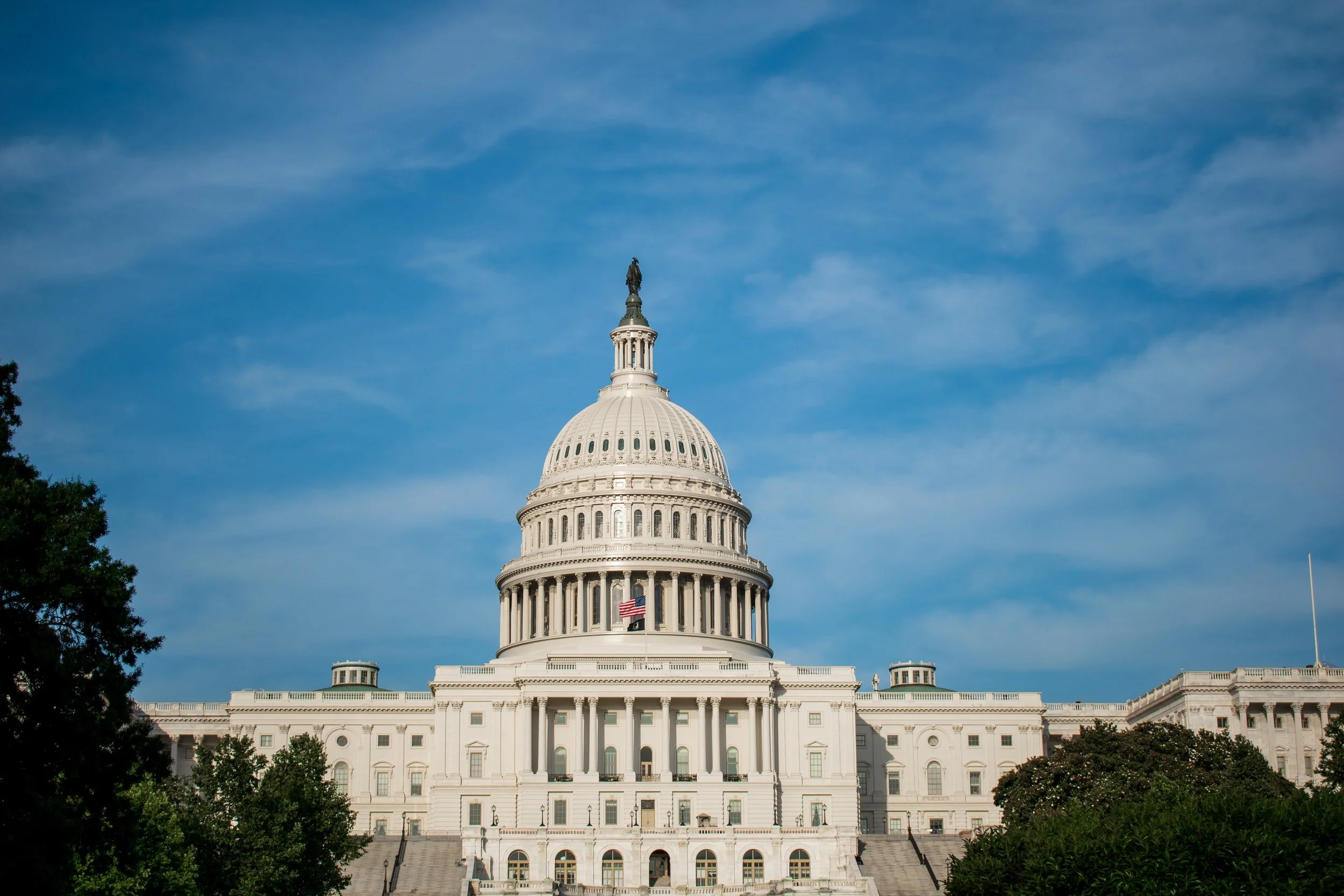Rucho is Right—But for the Wrong Reasons
Prof. Seidman, in his essay, attempts to defend the Rucho v. Common Cause decision. While acknowledging that this is not easy, he hopes that the reader will at least allow him some points for degree of difficulty. There is no denying that partisan gerrymandering is a very serious evil, and there is no defending Chief Justice Roberts’ dreadful opinion justifying the Court’s refusal to do anything about it. Still, Prof. Seidman argues, on balance, we are better off without the Supreme Court mucking around with this problem. Moreover, the reasons why we are better off go beyond this particular issue and impeach some of the standard arguments for judicial intervention more generally.
Partisan Gerrymander Claims, the Political Question Doctrine, and Judicial Prudence
Prof. Simard argues in her article that when political questions arise, courts should treat, in most cases, them like every other dispute by relying upon traditional tools of adjudication to resolve the questions presented. When ordinary constitutional interpretation suggests there is no constitutional violation that is remediable by the courts, there is no need to invoke the political question doctrine because courts may rely upon traditional procedural safeguards that test the adequacy of a complaint—lack of standing or failure to state claim.
Contingent Design & the Court Reform Debate
This Article challenges the premise Congress must take such a passive approach to judicial review, expressing policy preferences in seriatim fashion (and being “sent back to the drawing board” each time a policy fails). This approach merely reflects institutional habits. And by failing to question these habits, reformers forfeit an enormous amount of legislative power.
The OLC Emoluments Clause Jurisprudence in the Executive Branch
When President Trump was elected president, he held various domestic and international business interests and upon taking office was sued and it was claimed he was in violation of the foreign and domestic emoluments clauses. The Office of Legal Counsel (OLC) was not consulted on the question of whether President Trump could continue to receive payments through his businesses as president. This article proposes that had the OLC been asked it would have concluded that the president was in violation of both clauses to the extent that any profits and payments received were sourced from government entities, whether foreign or domestic.
Left / Right: Managing the Coming Clash Between Congressional Rights Enforcement and Judicial Doctrine
Prof. Araiza’s article takes a look at the tension between political branches trying to enact significant civil rights legislation and a skeptical Court wielding now-longstanding precedent limiting the enforcement power. This prospect raises important questions about the relationship between the Court and the political branches in the project of safeguarding individual rights.





